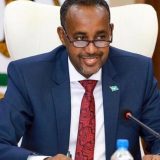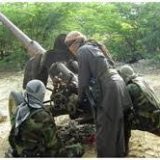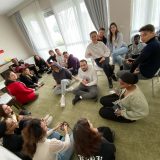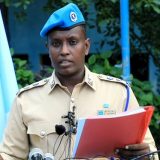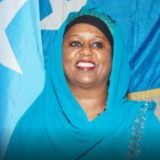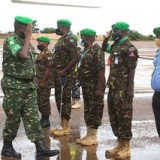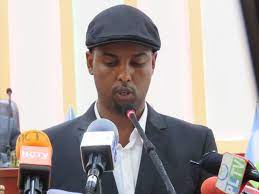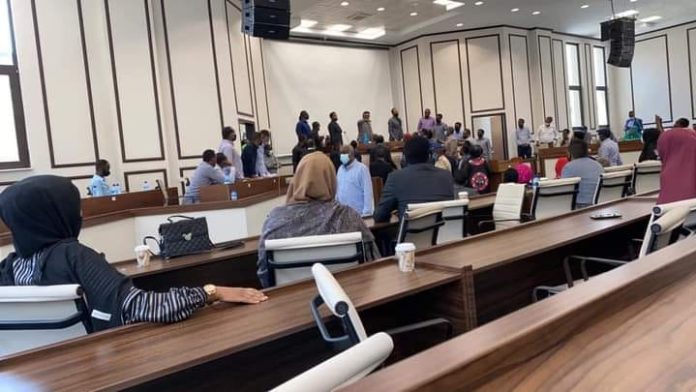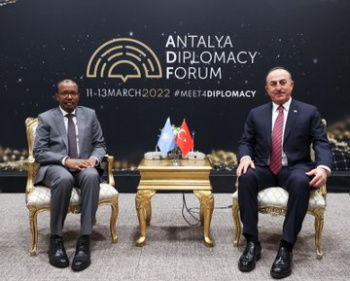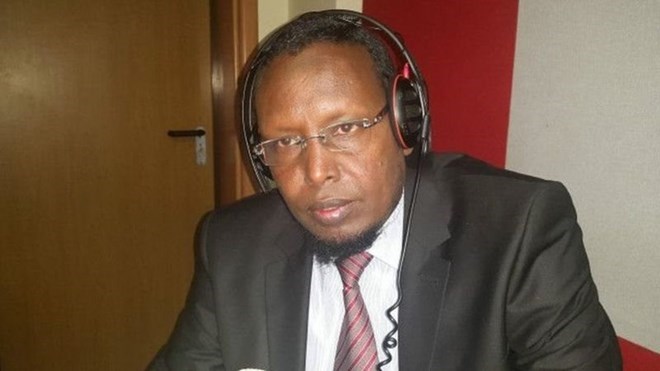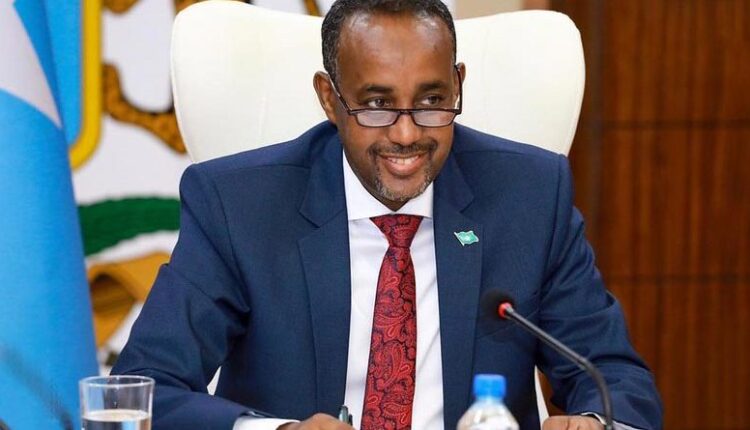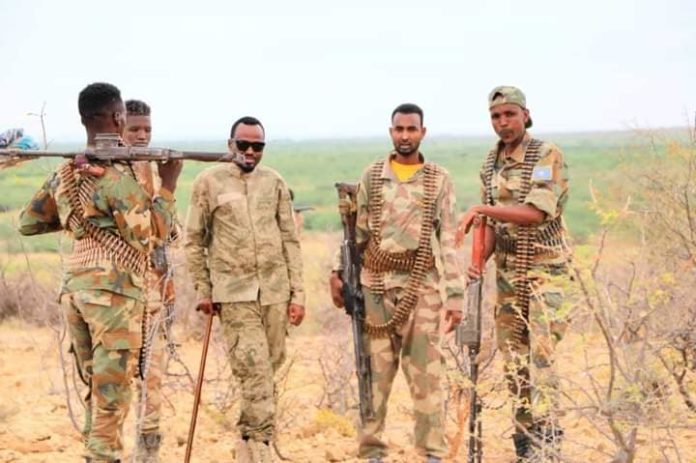Somali students need more supports, says liaison
EDMONTON – Six years ago, when Edmonton’s Somali community was rocked by a string of murders, Abdalla Kulmiye decided to organize a high-school graduation ceremony for Somali families.
He was determined to celebrate successes in the community.
Just 15 high-school graduates signed up for the 2009 celebration.
This year, however, Kulmiye expects about 100 students will attend the June event that grows every year. It’s an indication that the countless hours — mostly volunteer — that people like Kulmiye have invested are starting to pay off.
“The community’s image was tarnished a while ago. Every news you read, every radio you listen, they’re talking about Somali kids killed related to drugs. And for me, that touched me a lot,” said Kulmiye, hired in January as an intercultural liaison by Edmonton Public Schools to work with immigrant and refugee students in two junior high schools.
“We need to show that we have potential students who can graduate from high school and advance to post-secondary education … We have something beautiful going on there.”
Kulmiye is working at Rosslyn and Killarney junior high schools where he supports Somali and at-risk youth, helping prepare students for the transition to high school and ultimately post-secondary institutions. He also works with their families to teach them about Canada’s education system and get them involved in the schools.
In 2009, Kulmiye worked in schools on a project funded by Citizenship and Immigration Canada called Reducing Barriers. Then he did similar work with the Somali Canadian Cultural Society of Edmonton through a two-year program funded by Alberta Education that just ended Oct. 31.
Kulmiye still volunteers for the society, which created a school resource kit written in English and Somali to help Edmonton schools connect with Somali-Canadian students and parents.
The society runs a drop-in homework club three nights a week where successful, older students often return from post-secondary as volunteer tutors.
It is essential that this type of work continue to develop cultural sensitivity in schools and help students and families who fled civil war in Somalia, said Jibril Ibrahim, president of the Somali Canadian Cultural Society of Edmonton.
“So we place them in Grade 8 but their level of education is only Grade 3, so unless we have some kind of support program to bring them up to speed to the same level of what we have in Canada, then we’re going to have a lot of them dropping school because of the challenges they face,” said Ibrahim. “They lose hope about what to expect from life.”

